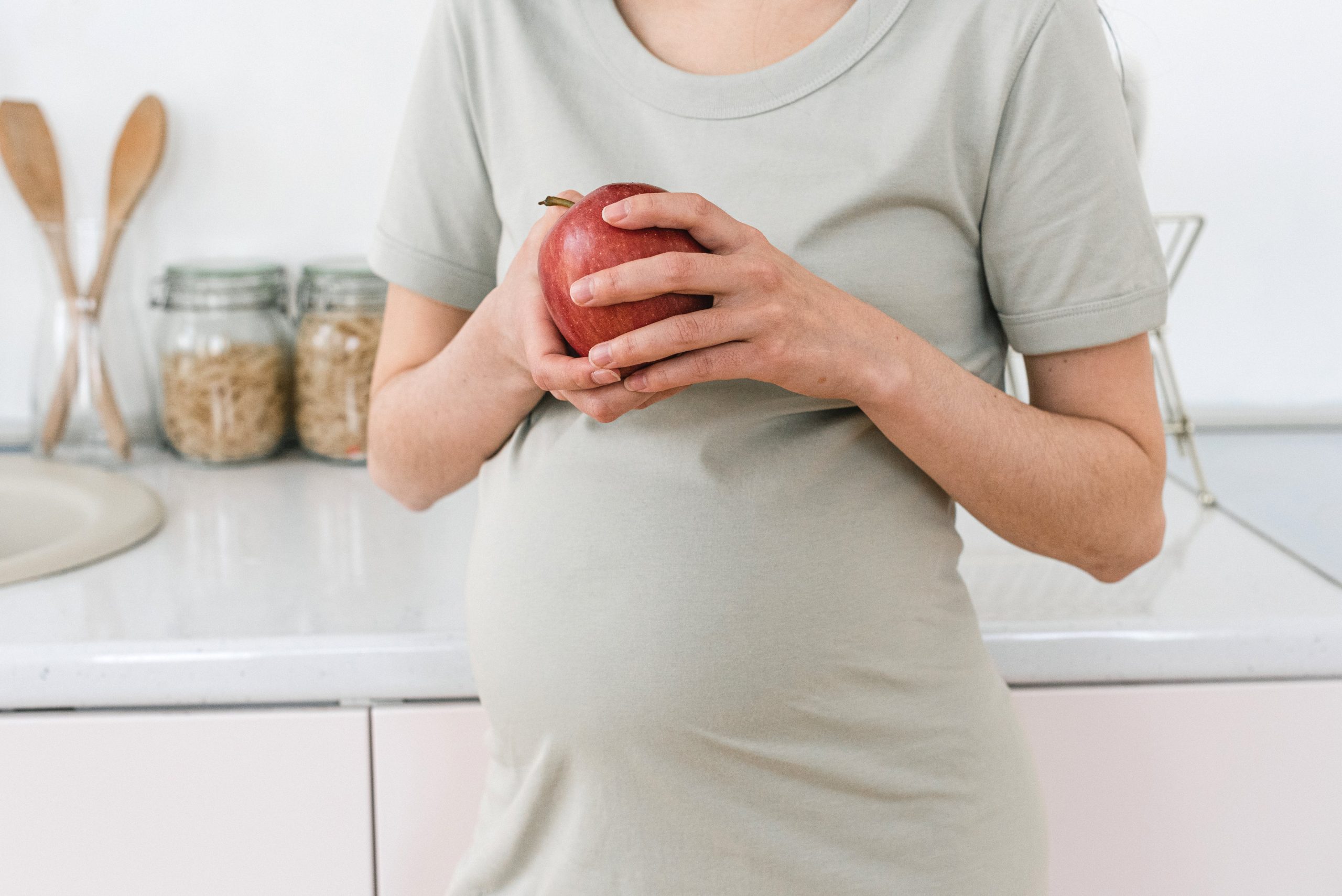What is gestational diabetes and how you can minimise your risk
Gestational diabetes is a condition where high blood sugar levels develop during pregnancy, most commonly during the second or third trimester. It affects both the mother and baby and if left uncontrolled during pregnancy, high blood sugar levels can lead to complications during childbirth, an increased risk of C-section delivery and an increased likelihood of the baby developing type 2 diabetes later in life.
It is important to realise that it can affect any pregnant woman and is not dependant on existing or prior diagnosis of diabetes, however this does put a woman at a higher risk of developing gestational diabetes. There are a number of diet and lifestyle modifications which pregnant woman can make which can reduce the risk which we will go through below.
- Pre-pregnancy weight – being overweight or obese prior to becoming pregnant is one of the main risk factors. Excess weight can make it harder for the body to use insulin effectively, the hormone responsible for regulating blood sugar levels.
- Family history of diabetes – if your parents or siblings have been diagnosed with type 2 diabetes, your chances of developing gestational diabetes are higher. This is because there is a genetic predisposition which can influence the way your body processes sugars and produces insulin hence you are more likely to suffer from blood sugar fluctuations during pregnancy.
- Age – as age increases, the body is less able to utilise insulin effectively making it harder to maintain stable blood sugar levels.
- Previous birth weights – if you have given birth previously to a baby weighing more than 9 pounds it may increase your risk of gestational diabetes in further pregnancies.
- Regular exercise – engaging in regular exercise, such as walking, swimming or prenatal yoga, can reduce your risk as exercise helps the body use insulin more effectively and helps to manage weight. Do speak to your doctor before starting any exercise regime to ensure it is safe for you and your baby.
- Healthy eating – eating foods high in refined carbohydrates and processed foods, such as bakery goods and sugary snacks, can lead to blood sugar imbalances and increase the risk. These choices can lead to increased weight gain, insulin resistance and high blood sugar levels. A better diet would include whole grains, lean proteins, lots of vegetables, fruit and minimal processed foods.
- Smoking and alcohol – women who smoke during pregnancy or drink large amounts of alcohol frequently have a higher risk of developing gestational diabetes.
- Managing stress – stress can affect blood sugar levels, so it is important to use stress-reducing techniques such as mindfulness, meditation or simply taking part in activities you enjoy.
- Sleep – aim for 7-9 hours of quality sleep each night to support overall well-being and increase effective blood sugar regulation.
Making healthy lifestyle choices, including a balanced nutritious diet and regular physical activity, can really help reduce the risk of gestational diabetes but if you have any of the above risk factors or are concerned about gestational diabetes, it is crucial to speak with your doctor. They will be able to help monitor your blood sugar levels.
If in particular you would like more information on improving your current diet to help support a healthy pregnancy please contact me on Fiona@nourishfromwithin.co.uk.
.Photo by SHVETS production




